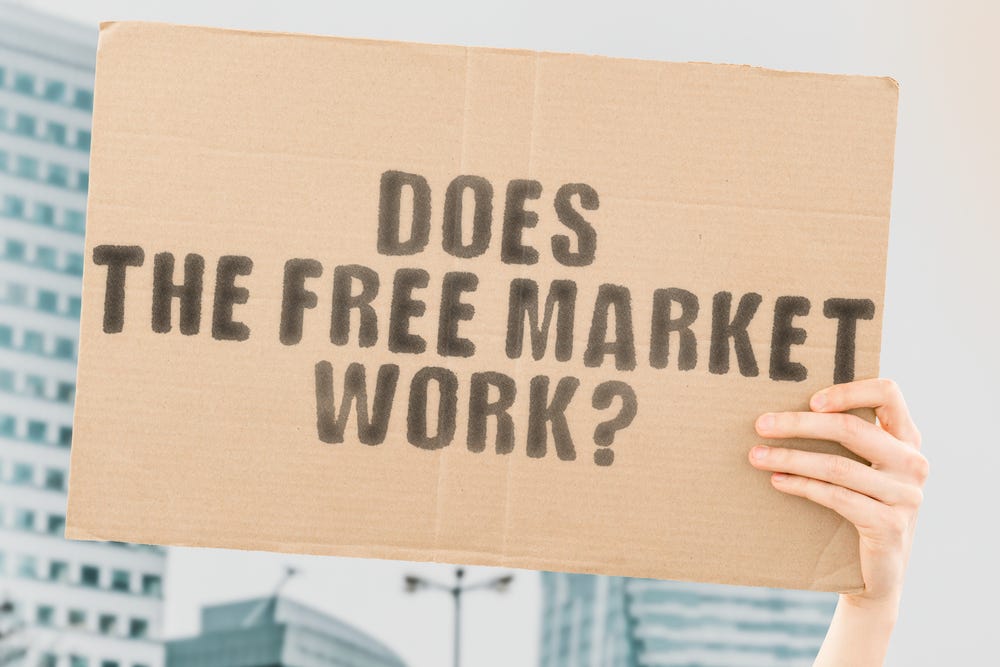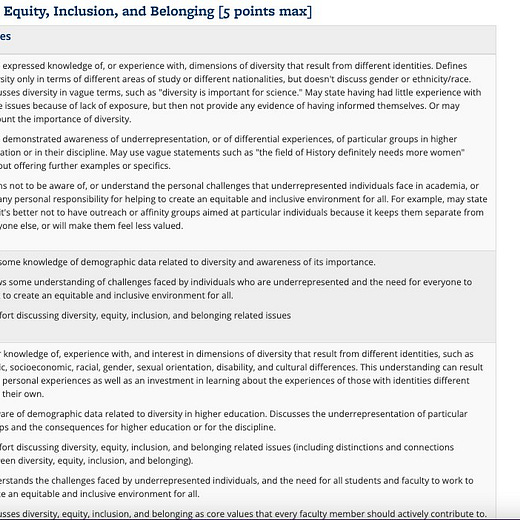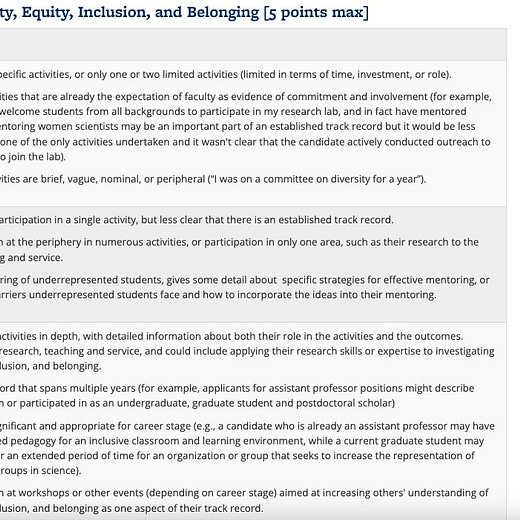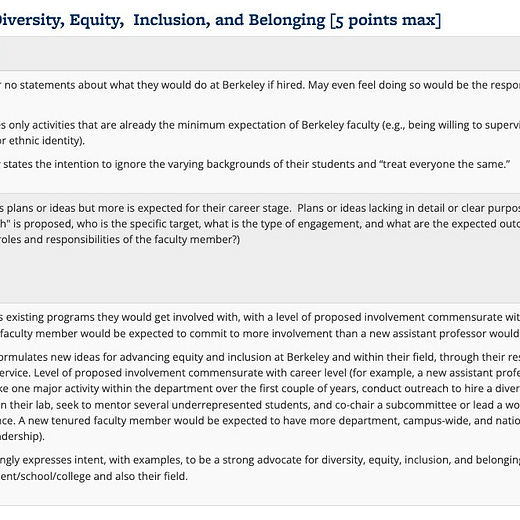E-Pluribus | August 8, 2022
Don't blame the Constitution - look in the mirror; politics isn't public education's worst problem; and re-selling conservatives on the free market.
A round-up of the latest and best writing and musings on the rise of illiberalism in the public discourse:
Robert Tracinski: The Constitution Isn’t Broken; We Are
A weak link in all forms of human government is found in that modifier “human.” In his latest for Discourse Magazine, Robert Tracinski takes issue with the idea that our current political woes are due to shortcomings in the Constitution.
In [David] French’s view, the Founders didn’t anticipate the possibility of gridlock and a failure to act on big issues, so something needs to be done. On the contrary, I think the Founders were well aware, from personal experience, of the potential for paralysis on big issues. These are the same people who spent the early years of the republic kicking the can down the road on the issue of slavery. They hoped that the next generation would deal with it, but the next generation dug their heels in further and became even more deadlocked, to the point where their children ended up fighting a civil war over it.
Was the Constitution broken then? No, we were. The people were intractably divided on a fundamental issue, and no constitution can fix that.
The existing constitutional system works just fine when there is general agreement on an issue. It allows plenty of action when that action has broad public support. But it does not allow a minority, or even a narrow majority, to shove through whatever policy it wants because “something has to be done.” That, too, is the system working—it encourages politicians, activists and concerned citizens to create broad support through the power of persuasion.
Read it all.
Shane Trotter: The Real Challenges Facing Public Education
While CRT (Critical Race Theory) burns up a lot of the oxygen in the room in debates about public education, Shane Trotter at Quillette agrees with author Jeremy Adams’s contention that public education’s woes go far deeper. In Trotter’s review of Adams’s new book, Hollowed Out: A Warning about America's Next Generation, Trotter highlights grave concerns about the nihilism of the current generation of young people and the danger our society faces as a result.
Regardless of political leanings, to the majority of teachers, CRT is just a distraction (most teachers in most states never think or hear about it) and equity is just a buzzword used by those who don’t have to deal with the realities of equity-focused policies. But talk to high school teachers and they’ll stridently point to a set of far more urgent and unifying concerns. Even at the best of schools, teachers are disrespected with a frequency and degree that would once have been inconceivable. Being cursed out in the halls is now an expected part of the job. As is being questioned by parents any time a grade isn’t to their liking. And teaching… whew!… teaching is now better described as pleading. Please quiet down for just a minute! Please just attempt the assignment. Please give me something. I’m trying to pass you!
[ . . . ]
Adams’s thesis is that, contrary to the hip rationalizations of mainstream youth apologists, all values are not equal, and, in fact, the beliefs and behaviors characteristic of today’s youth culture are particularly toxic. As he concedes, this isn’t a particularly novel starting point. Older generations have bemoaned the waning virtue of younger generations since time immemorial. But Adams is imploring us to see what is obvious to any teacher—that, unlike more recent warnings about rock ‘n’ roll or television, today’s panic is justified. . .
To Adams, it is a matter of lost humanity. Our children are less activated, less capable, and, in a very real sense, less human than any previous generation of Americans. And it is they who suffer most for it.
Read the whole thing.
Samuel Gregg: Why Free Markets Need a Cultural Base
Donald Trump, himself a businessman, nevertheless gave voice to concerns some conservatives have regarding the free market and businesses as they currently operate in this country. Samuel Gregg, in arguments similar to Robert Tracinski’s in item #1 above, writes at National Review that culture, as lived out by the participants in the free market, cannot be divorced from the economic principles of the market without distorting its healthy operation.
[G]ood economic arguments only go so far in changing the minds of market-skeptic conservatives. If the state doesn’t engage in extensive and deep economic regulation, I’ve heard more than one conservative say, what’s to stop rampant materialism from becoming the norm? How, they say, do we prevent the type of dynamic commercial relationships associated with markets from putting immense pressure on other types of human relations, especially families?
[ . . . ]
[T]he decisions that drive market transactions are less narrowly self-regarding than often supposed. That means we can’t understand economics just as an empirical method of inquiry that doesn’t account for either the effects of human sympathy or the concerns for justice that flow from that sympathy.
These, I’d suggest, are the type of thinkers and arguments that should be put in front of young conservatives skeptical of markets today. For one thing, they illustrate the complexity of market economies while paying equal heed to the type of moral-cultural underpinnings that conservatives care about. But they also remind us that there’s no government program able to will such a moral ecology into existence. Indeed, excessive interventionism tends to crowd out the type of bottom-up, associational life that people such as Röpke, Novak, Burke, and Smith considered essential if free markets are to contribute to civilizational development, rather than the inverse.
Read it all here.
Around Twitter
Peter Boghossian, the ACLU and “gender-affirming care”:
Excerpts from a John Sailer thread on universities and DEI (diversity, equity, inclusion) statements:
And finally, Glenn Greenwald on the liberal rehabilitation of… Dick Cheney?














